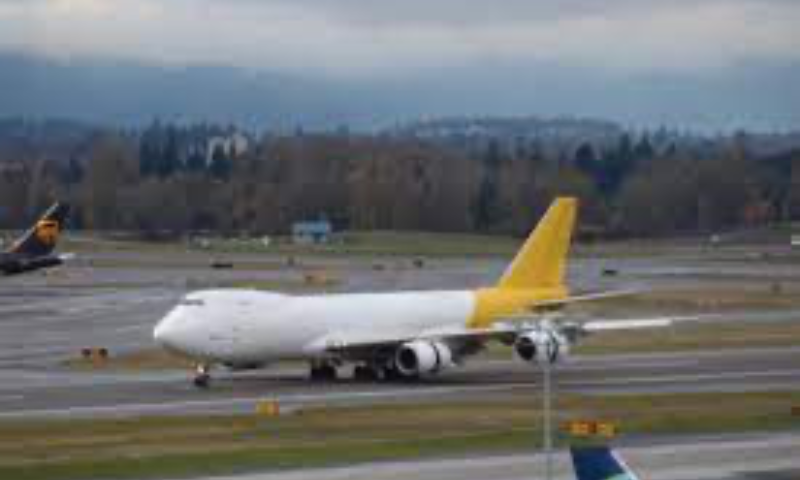Emanuele Ottolenghi
FDD, July 6, 2022
“Among the multiple plausible explanations for this flight, the most compelling one, so far, is that the Iranian-Venezuela cargo joint venture is, in fact, a cover for important regime figures to move across the globe and spend time on the ground at each destination, while posing as crew members.”
On May 10, Paraguayan prosecutor Marcelo Pecci was murdered on a Colombian beach by hired assassins. As a high-profile member of the Office of Public Prosecution, he led Paraguay’s antinarcotics, corruption, organized crime, and terrorism finance investigations, prosecuting the most powerful criminal networks in his country. That included Hezbollah networks, which made him a Target for the terror group as well as the powerful crime syndicates he sought to dismantle.
Three day later, a Boeing 747 cargo plane registered with Venezuelan airline Emtrasur made its way from Caracas to Ciudad Del Este, Paraguay, in the Tri-Border Area (TBA) of Argentina, Brazil, and Paraguay. There was no cargo on board, but the 18-member crew of seven Iranians and 11 Venezuelans included Gholamreza Ghasemi, a board member, shareholder, and manager of the U.S. sanctioned Iranian airline Fars Air Qeshm, the former chairman of Iran Naft Air (later renamed Karun Airlines) and, reportedly, a senior member of Iran’s Revolutionary Guard Corps, or IRGC. Ghasemi is a regime stalwart, not just a seasoned pilot, and since 2017, his airline, Fars Air Qeshm has been ferrying weapons and other military equipment to Damascus on behalf of the IRGC’s Quds Force. That a senior member of the IRGC in charge of such a sensitive logistical operation would be suddenly tasked to fly an empty cargo across the world is odd. What was he doing in Ciudad Del Este?
Before we answer that question, some background on Iran’s involvement in Latin America is helpful. Exporting the Islamic revolution has been a key goal of the Iranian regime ever since it toppled the shah in 1979. Latin America became an early target because Iran’s clerical leadership viewed the region as a fertile ground for the spread of anti-American ideology. During the past four decades, Iran has patiently pursued the goal of spreading its message across the Western Hemisphere and leveraged the resulting support in pursuit of its political goals.
To expand its influence, Iran has developed a dual track based on soft and hard power. Its soft power approach relies on a missionary network built on mosques, cultural centers, educational institutions, media outlets, and publishing houses, which it has sustained with both itinerant and resident clerics either from Iran or trained in Iran. This network has run in parallel with official diplomatic relations managed through embassies and other bilateral contacts, including intelligence and military cooperation. It has thrived both in countries whose governments, like the Maduro regime in Venezuela, are allies of Iran, and in places like Colombia where the government is closely aligned with the United States. But it is thanks to Venezuela in particular, that Iran has achieved staying power.


